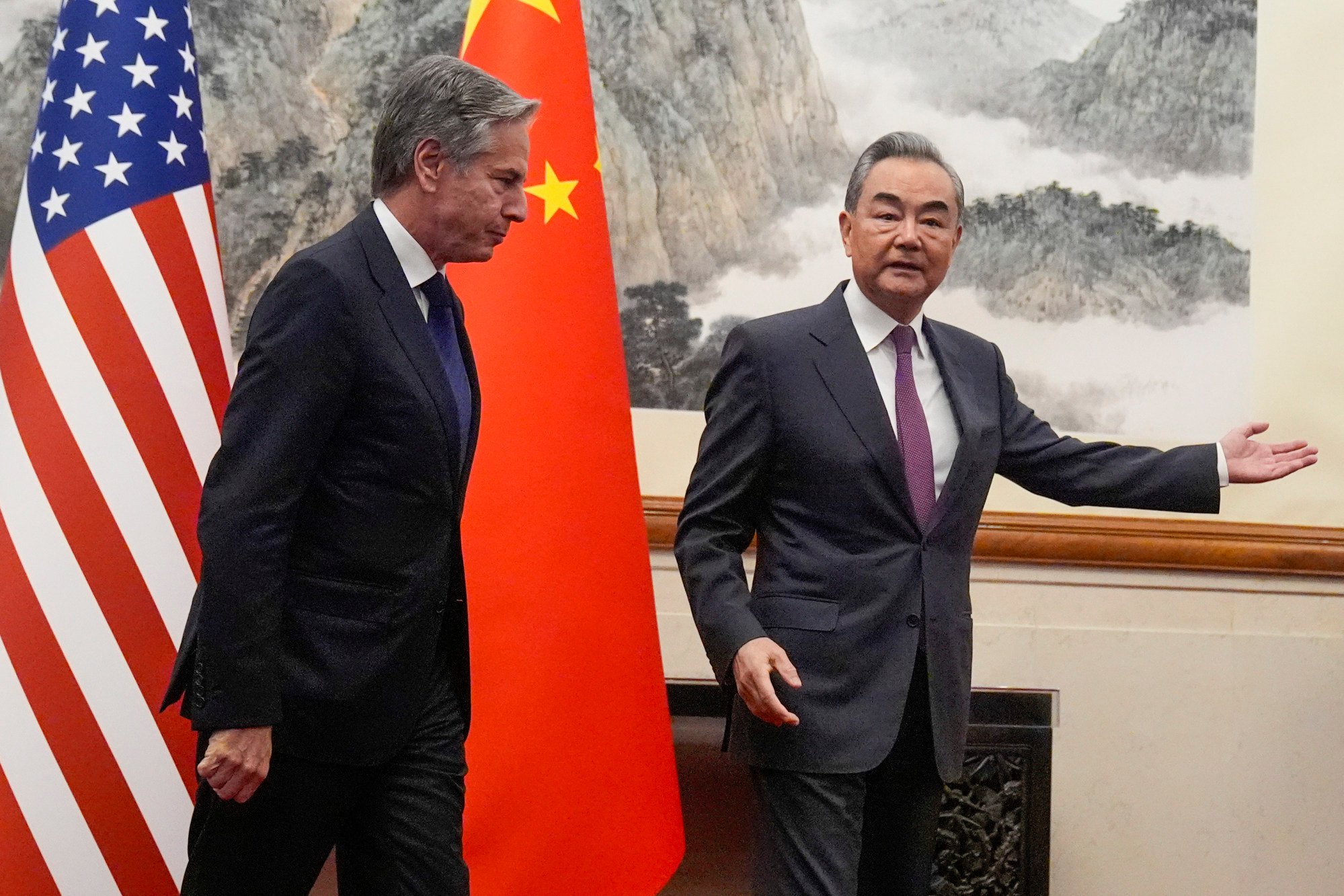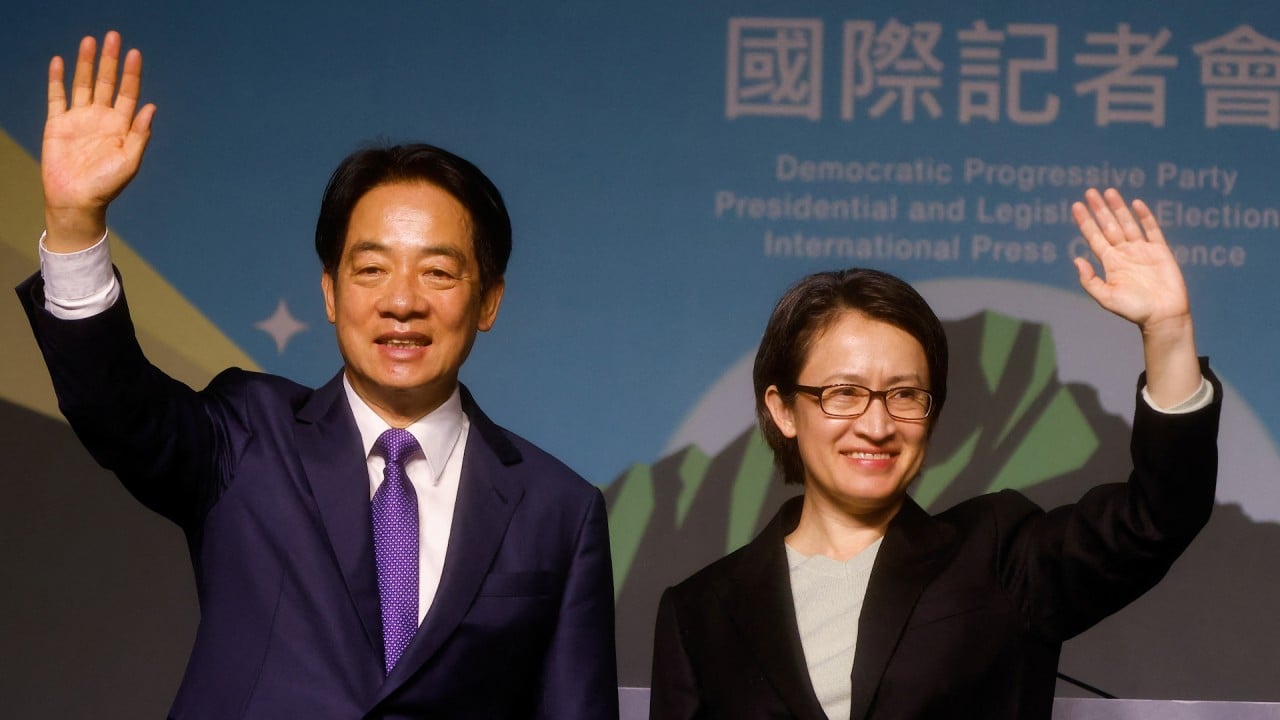Biden to send US delegation to Taiwan for inauguration of William Lai
In 2016, then-president Obama sent John Negroponte, deputy secretary of state under George W. Bush for the inauguration of Tsai’s first term as president. Negroponte led the delegation with former US trade representative Ron Kirk. Raymond Burghardt, then chairman of the American Institute in Taiwan (AIT) – the de facto US embassy on the island – also attended, among others.
The Biden official explained that “intensified diplomacy” between Washington and Beijing over the past year had been aimed at “clearing up misperceptions [and] being clear about the US one-China policy – what that means and what it does not mean”.

These talks, the official said, were key “to ensuring that we don’t accidentally stumble into conflict, that on the mil-mil side, how both sides react in certain situations are clear and explained”. The official asserted that Sullivan’s effort, together with the mil-mil talks, put US-China dialogue “in a slightly more stable position than where we were a year ago”.
The delegation led by Deese and Armitage is also to include Laura Rosenberger, the current AIT chair, as well as former AIT chair Richard Bush, now a senior fellow at the Brookings Institution in Washington.
In 2012, Obama sent a delegation with a similar makeup, led by Steinberg, for the inauguration of Taiwan’s then-president Ma Ying-jeou.
Taiwan’s inauguration of Tsai for her second term, in 2020, occurred during the early stages of the Covid-19 epidemic, preventing then-president Donald Trump from sending a US delegation.
Beijing regards both Lai, who is Ing-wen’s vice-president, and his running mate Hsiao Bi-Khim as dangerous “separatists” and “troublemakers”.
